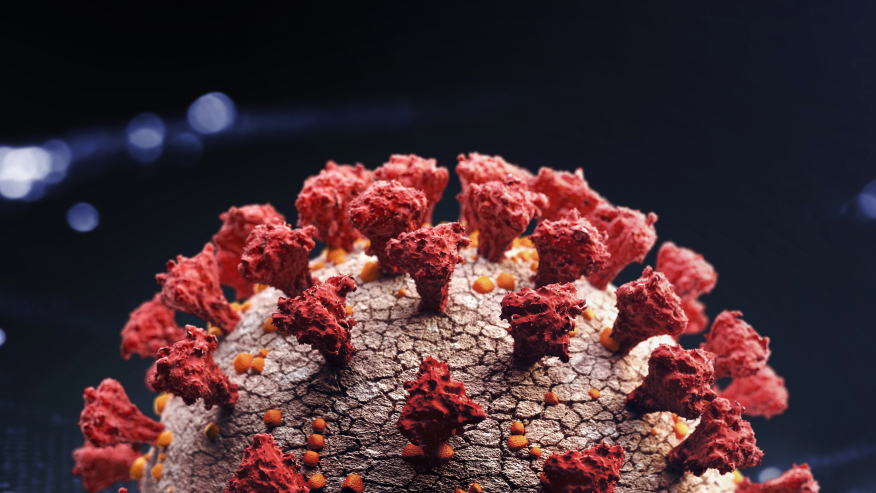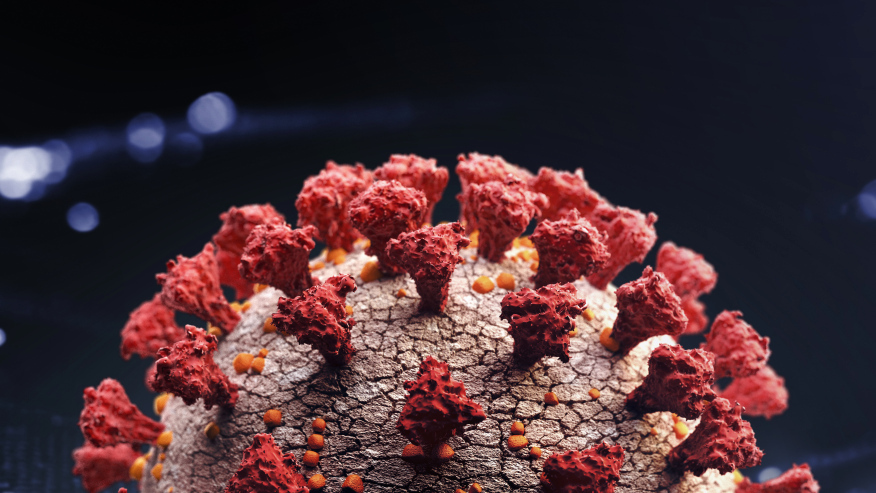
STANFORD, Calif. — A new “double mutant” COVID-19 variant was identified and confirmed by scientists at Stanford Health last week. It now appears a handful of people may have contracted this strain, which features two mutations from the original version which swept the globe.
Confirmation of the newly-described variant came from Stanford Health’s Clinic Virology Lab, Senior Manager of Media Relations Lisa Kim told Nexstar’s KRON.
The double mutation is believed to have originated in India. Stanford Health believes theirs is the first confirmed case in the United States.
This variant has the L452R mutation, which has recently caused massive outbreaks in California, but also another significant spike mutation, E484Q.
One confirmed case was identified by sequencing at Stanford, but seven presumptive cases are being screened, according to hospital officials.
It’s not known yet whether this variant is more infectious or resistant to vaccine antibodies.
The Stanford researchers have started screening hundreds of viral samples collected from people across the Bay Area, with plans to ramp up significantly in the coming days. They also began sequencing whole viral genomes to identify new mutations as they arise in key viral proteins.
“In most cases, it is too early to say whether or how these variants will influence the course of the pandemic, but it is important to monitor their evolution and spread,” said Benjamin Pinsky, M.D., Ph.D, associate professor of pathology and of infectious diseases at the Stanford School of Medicine. “Our surveillance testing is specifically designed to allow large-scale screening of viral samples to identify specific strains circulating in the Bay Area and throughout California.”
Last month, The Associated Press first confirmed the new virus detected in India.
The new variant found in India has two mutations in the spiky protein that the virus uses to fasten itself to cells, said Dr. Rakesh Mishra, the director of the Centre for Cellular and Molecular Biology, one of the 10 research institutes sequencing the virus.
He added that these genetic tweaks could be of concern since they might help the virus spread more easily and escape the immune system, but he cautioned against linking it to any surge at this point.

